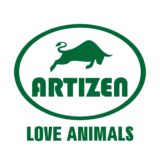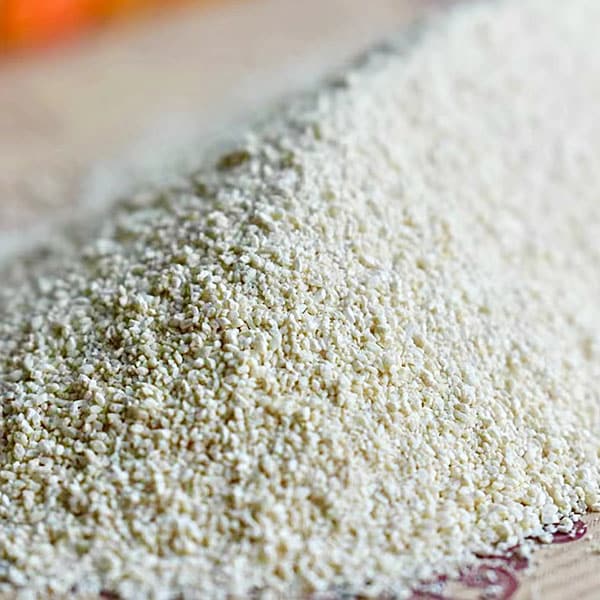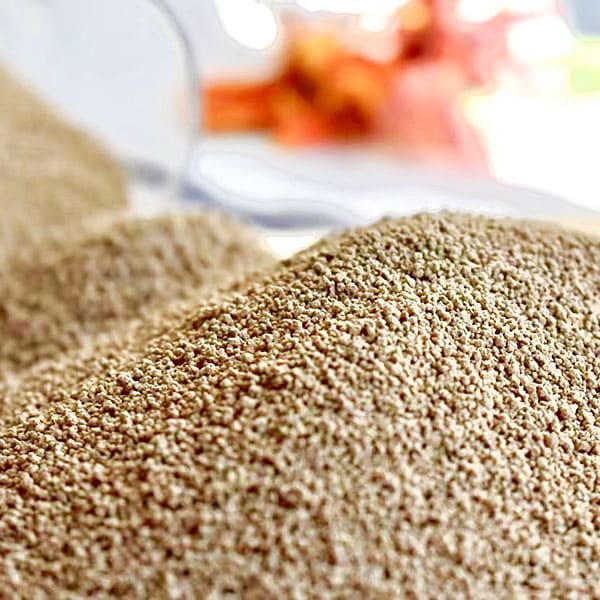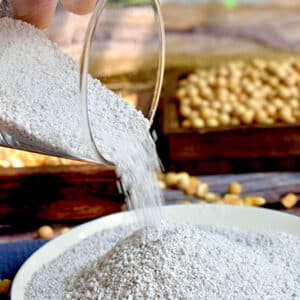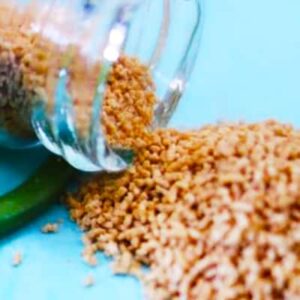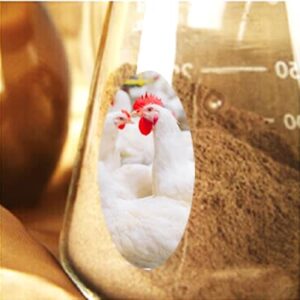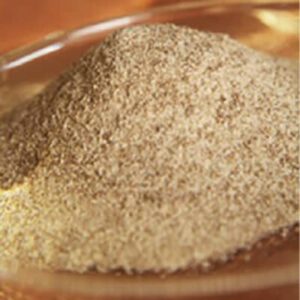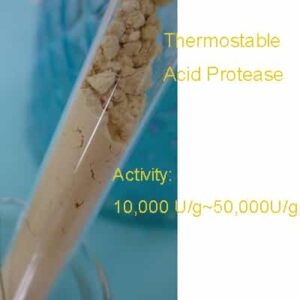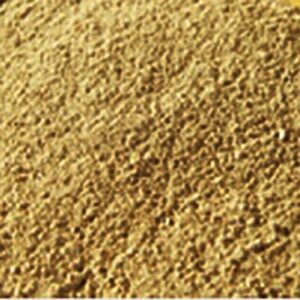Product Video
Product Introduction
Product Description
Lysine is an essential amino acid of various animals, and the lysine added to the feed is L-lysine. As a feed grade lysine is usually L-lysine hydrochloride with a purity of more than 98.5%. White to lightly yellow granular powder, no odor or a little odor, easily soluble in water. Lysine is an essential component in the synthesis of germ cells, cranial nerves, nuclear proteins, and hemoglobin. Long-term lack of lysine in livestock and poultry will produce insufficient milk, young livestock and poultry growth stagnation or very slow growth, nitrogen balance imbalance, subcutaneous fat reduction, wasting, incomplete bone calcification, and other phenomena. The absorption of lysine is relatively slow, the content of the cereal feed is not high, is one of the most vulnerable to lack of livestock and poultry nutrition. Lysine has a good effect on increasing lean meat percentage.
Except for soybean cake, the content of lysine is low in plants, which is usually the first limiting amino acid, especially in maize, barley, and wheat, and the utilization of lysine in wheat is low. Animal feed generally contains rich lysine, but the difference is large, and the utilization rate is also different. Compared with fish meal, meat and bone meal has low lysine content. The use of L-lysine was affected by the price of soybean meal. With the shortage of fish meals, the use of protein feed and wheat feed with low lysine content such as peanut cake, sesame cake, rapeseed cake, and cottonseed cake increased. The increase in lysine consumption was also attributed to diarrhea caused by the immune response of piglets to the high content of soy protein, and the muscular stomach erosion caused by the high amount of fish meal consumed by chicks. The specific amount added to feed should be determined according to the nutritional requirements of livestock and poultry. At present, lysine additives are mainly used in pig, poultry, and calf feed.
Product Feature
- Make up for the lack of amino acids in animals’ daily food.
- Enhance immune function and contribute to the healthy growth of animals.
- It is conducive to the absorption of calcium in the body, the formation of enzymes, hormones, and antibodies, and enhances the body’s immunity.
- Participate in the formation of protein, participate in capacity metabolism, promote mineral absorption, and promote bone growth.
- Improve feed utilization rate, save protein resources and breeding cost.
Product Parameter
| L-lysine Hydrochloride | |
| Execution Standard | GB 34466-2017 |
| Appearance and Character | White or pale brown powder and granules. Tasteless or slightly odorous. |
| L-lysine Hydrochloride Content | ≥98.5% |
| L-lysine Content | ≥78.8% |
| Specific Rotation【a】D20 | +18.0~+21.5 |
| Dry Weight Loss | ≤1.0% |
| Crude Ash | ≤0.3% |
| Ammonium Salt (NH4+) | ≤0.04% |
| Heavy Metal | ≤10(mg/kg) |
| Total Arsenic (As) | ≤1(mg/kg) |
| HS Code | 2922419000 |
Packaging: Paper – plastic composite packaging or packaging according to customer requirements, packaging should be protected from light.
Transportation: In the process of transportation, it should be protected from light, moisture, high temperature, and prevent packaging damage. It is forbidden to mix with toxic and harmful substances.
Storage: Should be stored in dry, light away, to prevent rain, do not mix with toxic and harmful goods storage.
Shelf Life: The shelf life is 24 months from the date of production under the specified transportation and storage conditions.
Detail Pictures
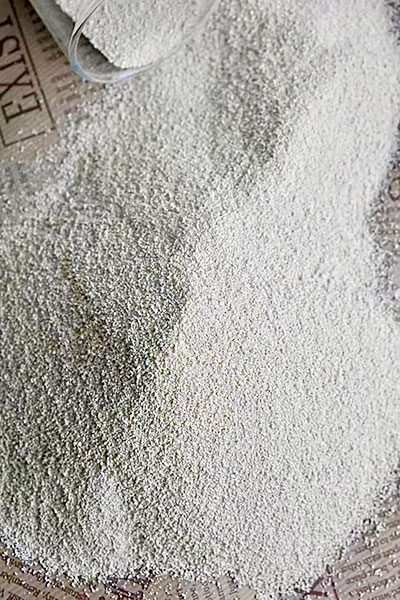
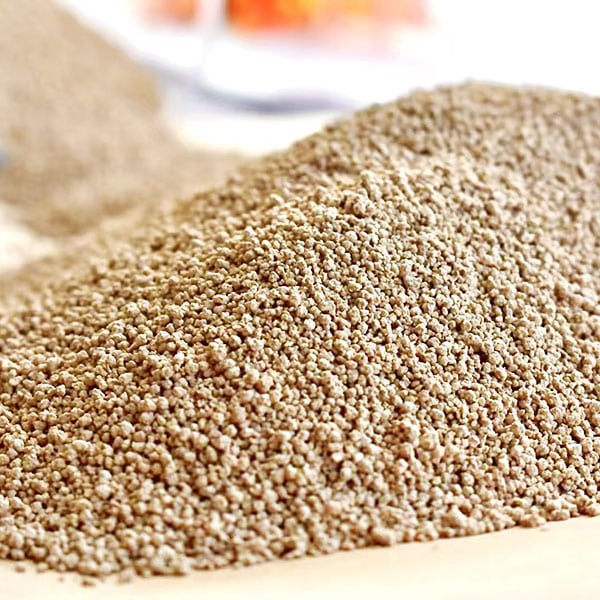
FAQ
A: No, according to customer needs.
A: The professional QC team will control the quality of the goods during all mass production, or if you wish, you can arrange a third-party inspection service. We will provide bulk samples for evaluation before shipment.
A: The sample is free, but the freight is payable. Please contact us in advance if you need samples. You can prepay shipping charges via PayPal or Western Union, and we will send samples as soon as we receive your shipping charges. Or you can provide your courier (DHL, TNT, etc.) account to us for pickup.
A: We can provide customers with full supervision of the procurement process and deliver the most satisfactory goods to them.
Accept delivery terms: FOB, CFR, CIF, EXW, CIP, DDP, express; Accept payment currencies: US dollars, Euros.
A: Yes, we do. We are a professional company in livestock farm products. We have a professional and strict quality control, we must provide you the best service for your need. Our product service department will keep in touch with customers and reply at any time.
Yes, we accept ordering samples to check quality. And mixing samples is acceptable.
A: For preparing samples, depending on the number of samples and process requirements, our preparation time is 1-7 days. International express delivery time is 3-7 days.
Related products
-
Animal Feed Additive Products
Mono Calcium Phosphate MCP Feed Additive
-
Animal Feed Additive Products
Animal Feed Additive Liquid Tributyrin
-
Feed Enzyme
Feed Additive Protease Mix
-
Feed Enzyme
Feed Additive Feed Enzyme Pectinase
-
Feed Enzyme
Feed Additive Feed Enzyme Cellulase
-
Feed Enzyme
Feed Additive Thermostable Acid Protease
-
Feed Enzyme
Animal Feed Additive Acid Protease
-
Feed Enzyme
Feed Additive Xylanase Feed Enzyme
